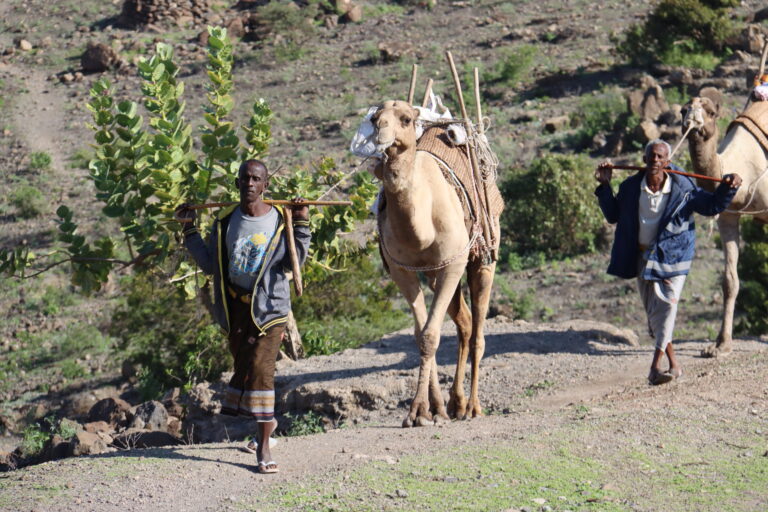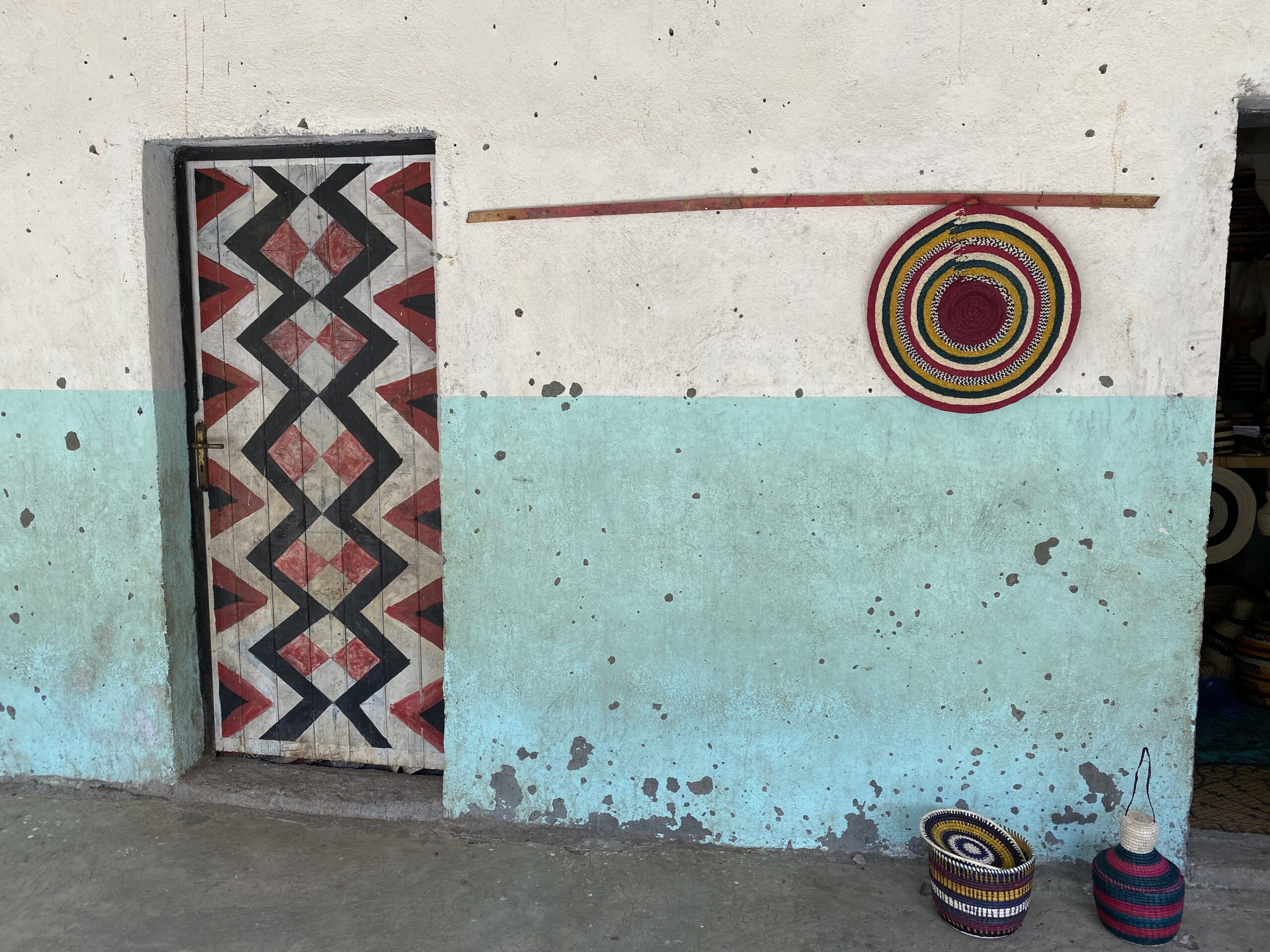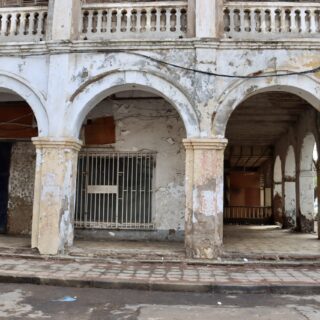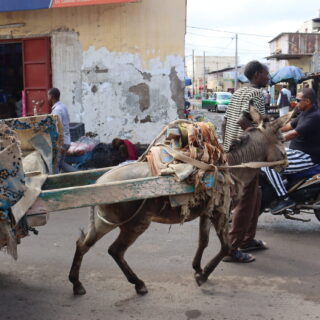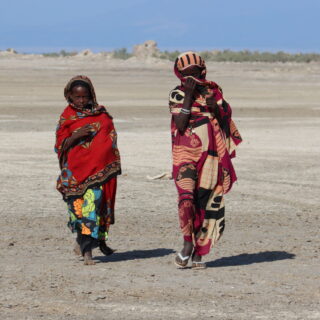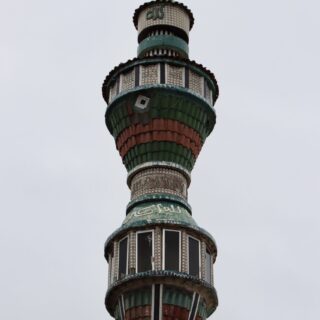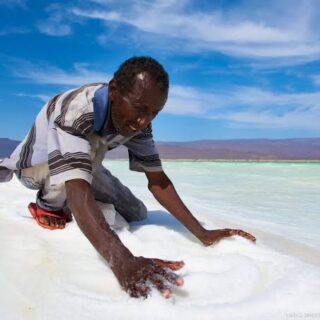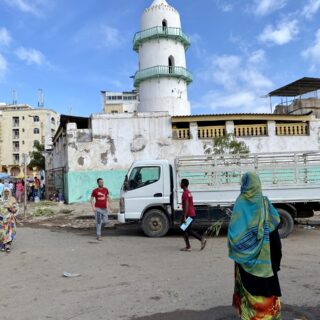About Djibouti
Djibouti is a small yet strategically important country in the Horn of Africa, known for its cultural diversity and historical depth. Once part of ancient trade routes and influenced by Islamic sultanates, it became a French colony in the late 1800s, known as French Somaliland. Djibouti gained independence in 1977 and has since grown into a stable and welcoming nation.
With a blend of Afar, Somali, Arab, and French cultures, Djibouti offers a unique window into the rich history and identity of the region. Its location at the crossroads of Africa and the Middle East has made it a hub for global maritime trade and international diplomacy.

